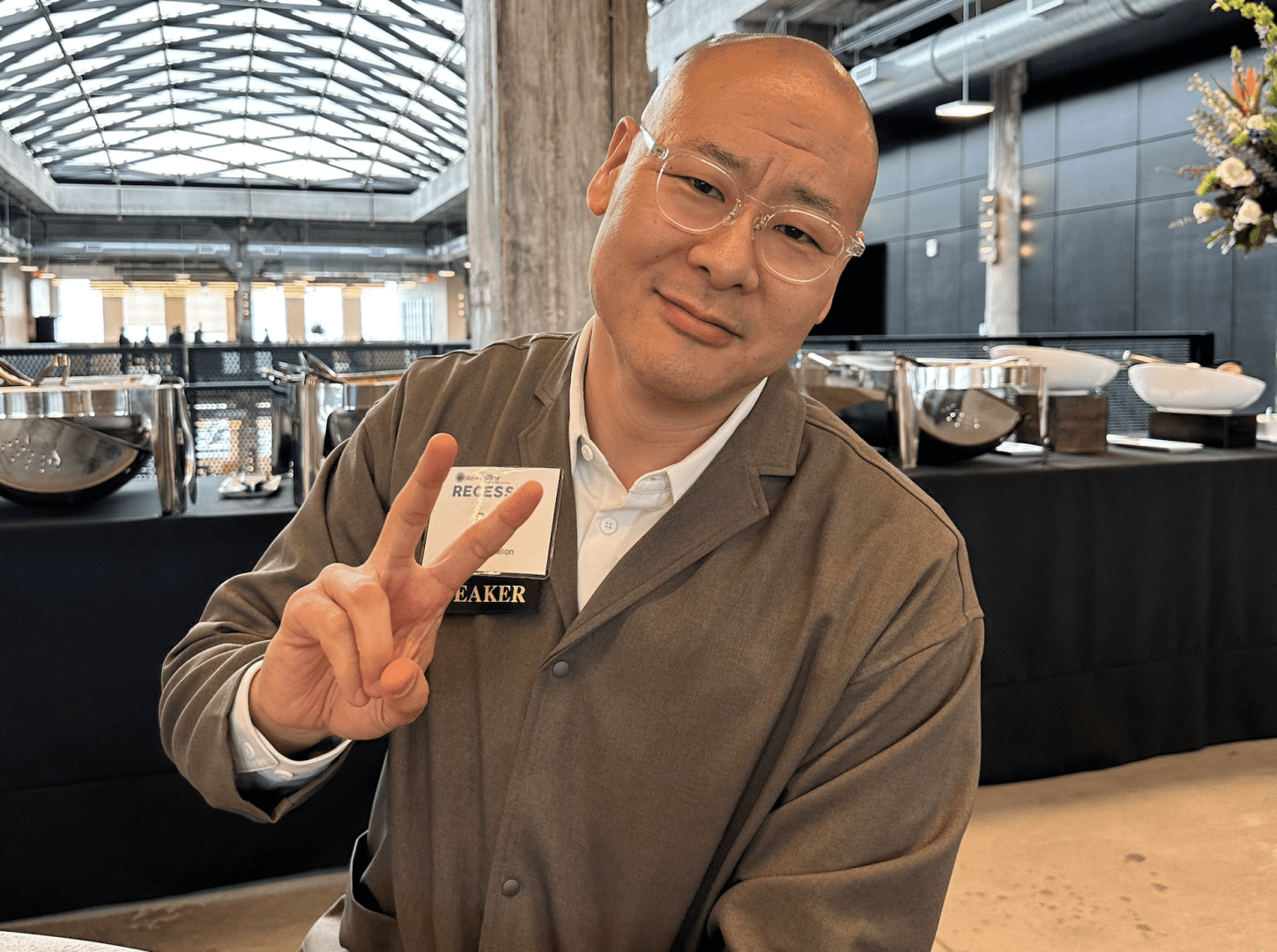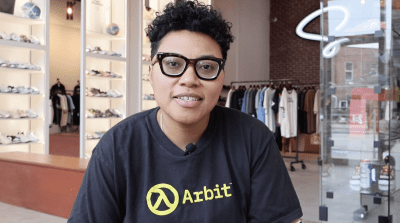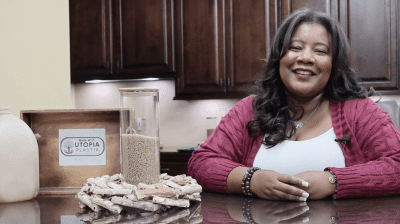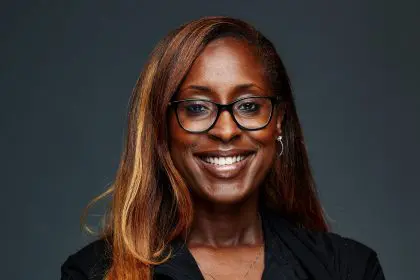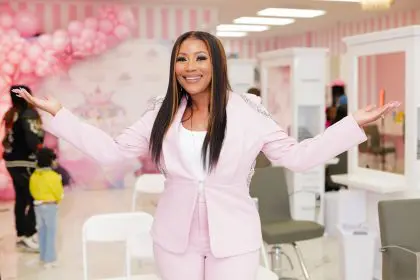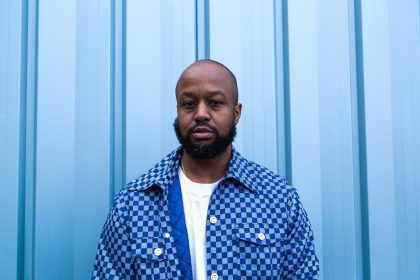Dug Song is an entrepreneur, a visionary and a philanthropist whose journey in the tech industry has yielded tremendous success marked by a steadfast commitment to community wealth and innovation. As the co-founder and former CEO of Duo Security, Song led the company to become Michigan’s first tech unicorn and orchestrated a landmark acquisition valued at $2.35 billion in 2018. However, Song’s impact extends far beyond the business world. He champions fostering entrepreneurship and racial justice in Michigan. Song also serves on the boards of the Detroit Regional Chamber and the U.S. Department of Commerce’s National Advisory Council for Innovation and Entrepreneurship.
In 2020, Song and his wife established the Song Foundation, an organization dedicated to investing in innovative projects and organizations that enhance the quality of life in Southeast Michigan. With a special focus on community impact, the techpreneur’s involvement in the Michigan Founders Fund, the executive board of Wallace House, and the advisory board of Venture for America in Detroit exemplifies his unwavering dedication to creating a more just and inclusive future for all through innovation and entrepreneurship.
Song’s multifaceted career is an inspirational model of how business success can be harnessed to drive positive change in the community.
Tell us about yourself.
I used to be the co-founder and CEO of a company called Duo Security, a cybersecurity company that we sold to Cisco in 2018, for $12 billion. Now, I’m just trying to pass on a little bit of what we’ve been blessed to receive, and also we’re spending a lot of time-solving and helping other people realize their visions.
Entrepreneurship is all about problem-solving, and with so many problems in this world, the least we can do is try to make sure that people have what they need to get it done, so that’s our focus. We have a family foundation primarily focused on supporting Black, Brown, and immigrant entrepreneurs and organizations. We also are a partner of a bunch of venture funds.
We backed the first Black venture fund in Maryland and the first Black venture fund here in Michigan. We also back another Black-owned fund in D.C. Mostly we give where we live, and we try to support the communities that we’ve been part of and … care about. Not only do we do it through philanthropy, but also through investment. I do an angel deal almost every other week, and that is also primarily for Black, Brown, immigrant, and women founders.
What is the role of business owners and foundations in sustainability and community?
I tell people that sustainability is opportunity. It used to be that people would race after things and see the world burn behind them. You can’t get that far that long doing that. I think with community comes purpose, and if we’re talking about solving these kinds of problems that are affecting our world at the scale of which we’re trying to address them, they have to be solved by and for the community.
We’ve seen the impact of what happens when products and services and industries are not. They sort of displace and disrupt themselves. I tell people all the time that everything’s about something. New York is about money, Los Angeles is about fame, and DC is about power, and it ties back to disruption, but frankly, some things really shouldn’t be disrupted.
What is the mission and goal of your foundation?
We advance these ideas and leaders that are rooted in community, and as a key focus, we want to advocate for Black, Brown, and immigrant-led organizations. There are lots of organizations out there that are not serving people, who are BIPOC. Sometimes it works, but we can make better choices by helping people who are in the community solve the problems that they specifically know from their lived experience and their community.
We focus on what we call trust based phillanthropy, and part of the reason why that works for us is because we are focused on community. The leader of our foundation, Khalilah Burt Gaston, has been here in Detroit doing the work forever on both sides, not just on the foundation side, but also the nonprofit side. If you don’t have that experience, it takes us almost too long sometimes to catch up. We rely on the fact that she and many others here in this community have spent all this time doing the work of building relationships.
We also behave differently than most foundations with reporting and following up. We don’t require a big written 10-page report either. We throw retreats, we do sound baths and yoga, and we have a relaxing time and a little party. In part, it’s just for them to find a community with other nonprofit leaders and learn from each other. It’s also to help them fill their cup because it’s hard work and they deserve it.
It’s hard when you’re leading an organization to find the time to prioritize self-care and reach out to other people to get to know them. Your darkest days are when you feel the most alone, so you have to have a community to do this stuff, and so that’s how we operate.
What advice would you give to aspiring entrepreneurs looking to make a positive impact on their communities while building successful businesses?
One of the things I’ve only learned is to make sure you find yourself in a community that shares your values. Life is too short to work with people you don’t like. I see it all the time. In business, people make these compromises in character and competence. The reality is you should demand both because life is short. like, Don’t work with people who are going to zap your energy and tear you down. If you’re a founder, your job is to remove drama from the business. It’s just a waste of psychic energy struggling with each other.
Make it a wonderful place for people to do their best work for their highest purpose. Together, people can learn from each other, support one another, and celebrate the wins, because how they treat each other on the inside of the business is how they’re going to treat your customers on the outside of the business. People don’t believe me when I say this, but you have to give first.
I grew up in all these kinds of gift cultures, like skateboarding, punk rock, graffiti, and hacking, and these communities celebrated the cultural contributions of each of their members. People show up and it’s something unique about them. That’s the way you should think about your teams. You don’t want 12 people sitting around the conference room table with the same idea. We always worked hard to find what makes people unique, what their skill sets are, their experiences, and their frameworks. As part of that, you have to be willing to learn and be open to taking the best ideas anyone’s got because that’s why they’re there.
The culture you have to have is one where you set that tone from the top, but you’ve got to give first. Leadership isn’t about being in charge of people, it’s about taking care of and empowering the people in your charge because they’re the ones who are going to build the organization. Your job as a leader is to make sure you build the best place for them to do that. People talk all the time in startups about having to be differentiated. That’s how you find the route to success that other people don’t, because you’re willing to try things that other people won’t, and that comes from having a kind of culture that’s blameless where everyone’s working together.

